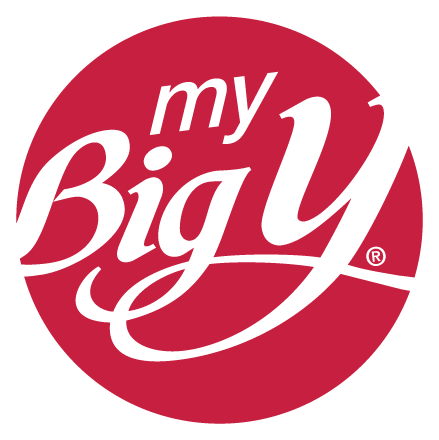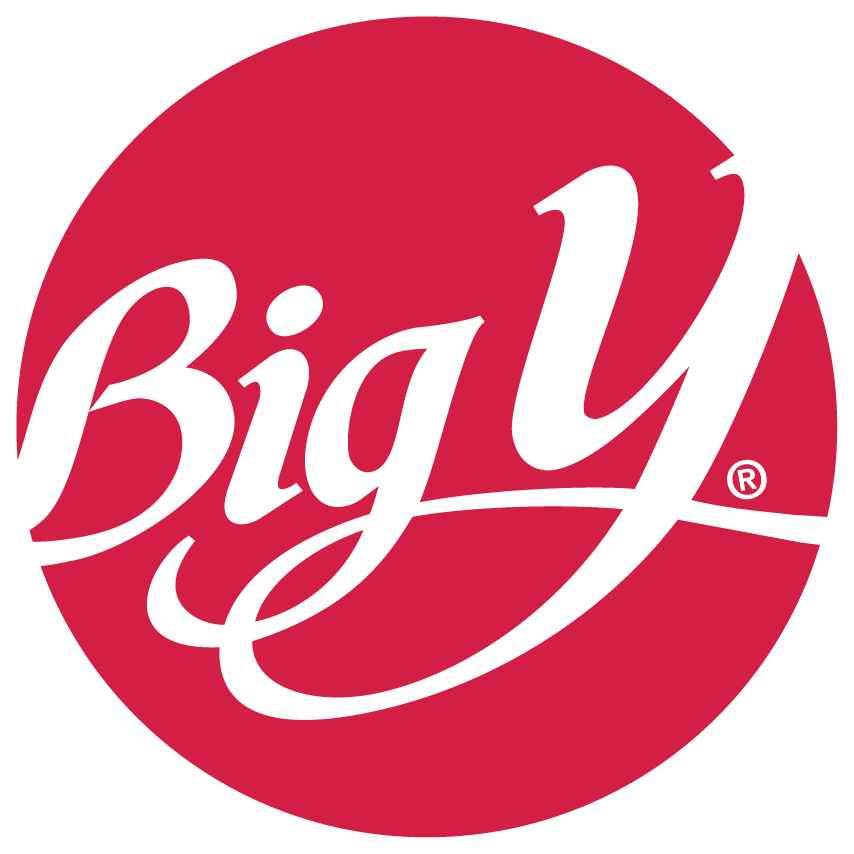
Womanly Gains
Meeting your nutrient needs, one bite at a time.
Author: be well™ with Big Y® Registered Dietitian Team
We all want to aim for eating a balanced meal plan, but women’s nutrient needs vary slightly from men. Specifically, for iron, calcium, folate and choline. Although supplemental vitamins and minerals may be a great backup for these nutrients, let food be your guide. Focusing on specific foods that provide iron, calcium, folate and choline will help you feel and perform your best each day.
Iron

Animal- and plant-based protein foods, as well as fortified cereals, provide iron. Options like oysters, white beans and 45-59% cacao dark chocolate¹ happen to be iron superheroes. Absorb the most iron you can by pairing iron-containing foods with vitamin C-rich vegetables and fruits such as sweet peppers, berries and citrus.
Calcium

Found in milk products as well as fortified plant-based beverages like soy milk and orange juice, calcium remains important for your body as you age. A perfect example of why eating a variety of foods is key to good health, calcium can also be found in canned fish with bones such as sardines and salmon, as well as leafy greens, cruciferous vegetables and dry beans, peas, lentils, chickpeas and soybeans.
Folate

A powerhouse nutrient for women of childbearing age, folate can also be found naturally in leafy greens like cooked spinach; dry beans, peas and lentils like black-eyed peas; vegetables such as asparagus, Brussels sprouts and broccoli; and fruit like avocados, oranges and papaya.² In its synthetic form, folic acid is found in fortified in cereals and breads.
Choline

Not as popular as the other nutrients above, choline is often overlooked. It’s time to give choline its due, because falling short may impact your heart, blood vessels, liver and neurological health. Additionally, the majority of pregnant and breastfeeding women miss out on meeting their daily needs. You can get choline from whole eggs, beef, chicken, cod, roasted soybeans, kidney beans, wheat germ, quinoa and vegetables like red potatoes, shitake mushrooms and cauliflower.³
1 National Institutes of Health (NIH) Office of Dietary Supplements. Iron: Fact Sheet for Professionals. Accessed on 2/23/2022. https://ods.od.nih.gov/factsheets/Iron-HealthProfessional/#h4.
2 National Institutes of Health (NIH) Office of Dietary Supplements. Folate: Fact Sheet for Professionals. Accessed on 2/23/2022. https://ods.od.nih.gov/factsheets/Folate-HealthProfessional/#h3.
3 National Institutes of Health (NIH) Office of Dietary Supplements. Folate: Fact Sheet for Professionals. Accessed on 2/23/2022. https://ods.od.nih.gov/factsheets/Choline-HealthProfessional/#h3.
Reviewed 2/27/2023


